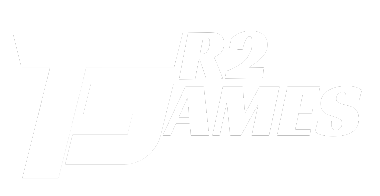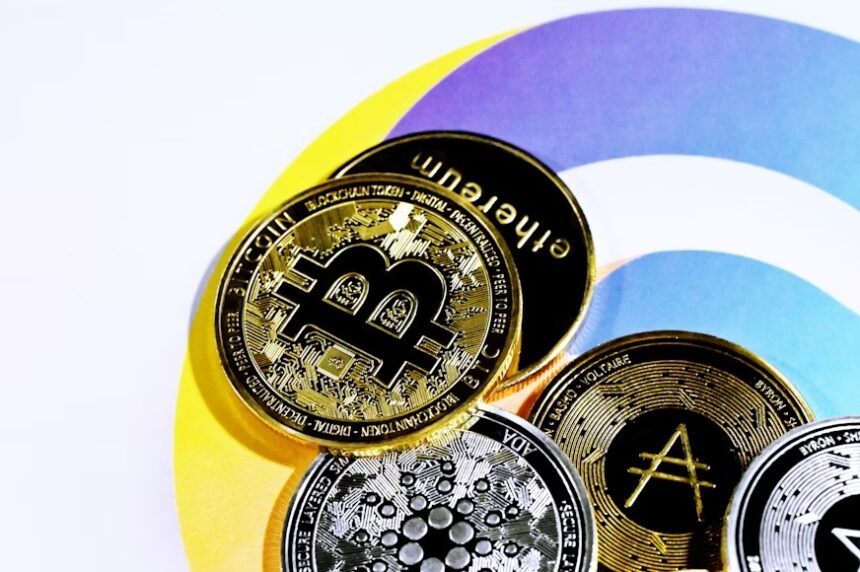Although Bitcoin was the first cryptocurrency to be recognized all over the world, it is not the only coin worth mentioning when it comes to digital currencies. There are many altcoins that have been developed since the creation of Bitcoin, each with its own attributes and capability to grow. Altcoins that were developed in earlier years were aimed at improving some of Bitcoin’s shortcomings, such as transaction speeds and energy efficiency, while the most recent creations serve various purposes depending on the developer.
A Brief History of Altcoins
Altcoins, short for alternative coins, are cryptocurrencies that were created as an inspiration from the success of Bitcoin. The term altcoins generally refers to all other coins other than Bitcoin, although some people remove Ethereum from that bracket and place it together with Bitcoin since most of the alternative coins are created as a fork of either Bitcoin or Ethereum. Some altcoins have been well received by the public and are being used for different projects including trading them with other coins, while others have become insignificant or turned out to be scams. To date, there are more than 9,000 coins in circulation, giving users various options for financial transactions and investments, but Bitcoin remains the dominant cryptocurrency.
Let us explore some of the altcoins that are worth knowing in crypto trading:
1. Ethereum (ETH)
Ethereum, also known as the “second generation” cryptocurrency has its own cryptocurrency called Ether (ETH), which is used for many things, including holding it as an investment, trading it on exchanges, buying goods and services, and paying transactions fees on the Ethereum network. The Ethereum blockchain is used by many industries, including supply chain management, e-commerce, healthcare, and gaming, among others. The blockchain has been merged with gaming by Ethereum casinos, which use the decentralized network to enable online gambling. An ETH casino has similar games to those offered by traditional online casinos including table games, and video slots, among others. However, these sites have the added perk of letting players buy-in, bet, and withdraw funds using Ethereum, Kane Pepi says. Similarly, the e-commerce sector has also readily adopted Ethereum. Some online stores now allow consumers to purchase goods using their Ethereum digital coins.
Ethereum is a leading altcoin, with a plethora of uses. From general investment to shopping online and betting at Ethereum casinos, this is one of the leading altcoins on the market today.
2. Ripple (XRP)
Ripple is a cryptocurrency and digital payment alliance that was developed with the aim of providing fast and cheap international money transfers. Unlike many other cryptocurrencies, it does not depend on blockchain mining for transactions to be verified. Instead, it uses a consistent system through a network of confirmation servers to verify transactions. XRP is the initial cryptocurrency of the Ripple network and is used in crypto trading mainly as a digital asset on cryptocurrency exchanges. It is traded against other cryptocurrencies and fiat currencies.
3. Litecoin (LTC)
Litecoin is a peer-to-peer digital currency and open-source software project that enables instant payments to anyone in the world at cheap rates. Litecoin’s supply is four times larger than Bitcoin so as to make the coins available and affordable for users, as well as address shortages, which is the biggest trigger of cryptocurrency prices. Litecoin is used for peer-to-peer transactions and trading, among other things. Litecoin is traded against other cryptocurrencies and fiat currencies, allowing traders to gamble on Litecoin’s price movements in relation to other assets and currencies.
4. Cardano (ADA)
Cardano is a blockchain platform that aims to provide a more secure system for smart contracts and decentralized applications. Cardano, which uses its own token, ADA, can process many transactions per second while keeping low transaction fees. ADA holders can take part in the block validation process and get rewards based on the amount of ADA they hold and stake, which is made possible by the proof-of-stake (PoS) system that is used by Cardano. Cardano can be traded against other cryptocurrencies or fiat currencies depending on the exchange’s restrictions. Investors could also participate in Cardano margin trading, which lets you buy and sell ADA on Kraken using funds that could exceed the balance of your account.
5. Binance Coin (BNB)
Binance Coin is a utility token that can be used to pay for products and services like trading fees on the Binance exchange. People invest in BNB by holding it in their exchange accounts and then receive discounts on trading fees when they use BNB to pay for transactions. Other than the Binance exchange, BNB can be traded for other cryptocurrencies on several exchanges, depending on the exchange’s restrictions. Binance regularly burns some of its coins, permanently removing them from circulation. This move will see the price of BNB rising in the future because of a minimum supply.
6. Solana (SOL)
Solana is a blockchain platform that can process many transactions per second making it appropriate for decentralized finance, non-fungible tokens, and gaming. When it was developed, it was intended to fix the limitations of existing blockchain networks, such as slow processing speeds and high charges. Solana supports many decentralized applications and is predicted to be one of the most notable market leader competitors in 2024, which makes it a good altcoin to trade against other currencies.
7. Polkadot (DOT)
Polkadot was developed by the Web3 Foundation to make blockchains compatible with each other. Different projects have been built on the Polkadot system, including DeFi applications, decentralized exchanges, gaming platforms, and more. This has made it easier for people to accept and use DOT tokens. The Polkadot staking reward has dropped within the last 30 days from 7.07% to the current 6.92%. DOT can be traded against BTC or USDT on the Binance trading platform. Its current price is US$8.12, with a 24-hour trading volume of $303.78 million.
8. Arbitrum (ARB)
Arbitrum is a simple decentralized platform developed to make it easy for people to participate in different blockchain activities such as staking, farming, and trading using the ARB token. Arbitrum is the fourth most-used blockchain, and ARB’s current price is pegged at US$1.87. Investors can trade Arbitrum futures on the Kraken cryptocurrency exchange. A user who holds ARB in his Arbitrum wallet can stake in arbitration pools so that he can participate as an arbitrator in settling disputes caused by smart contracts. The arbitrator gets rewards for settling disputes successfully.








